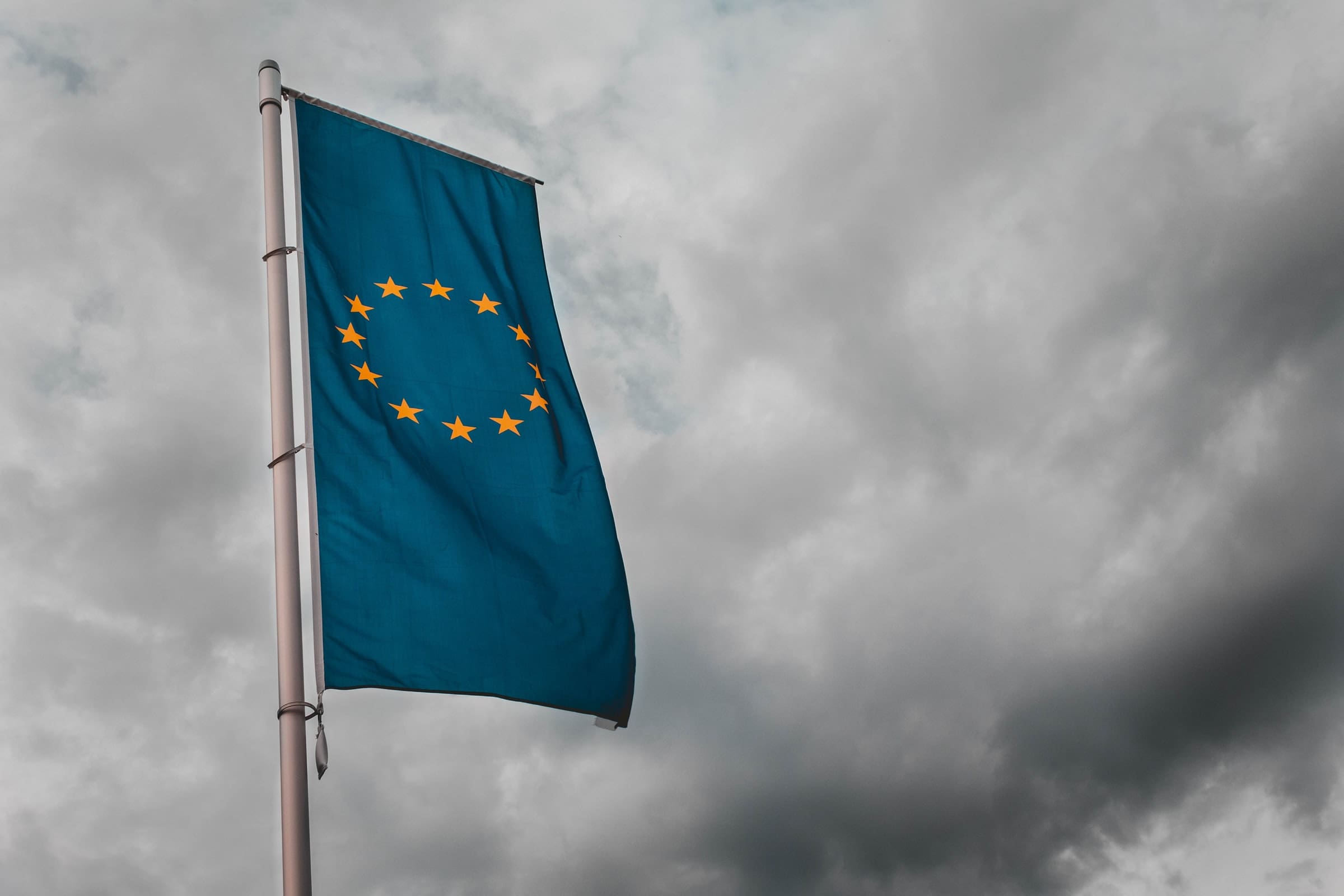In-Short
- EU introduces AI Act to enforce transparency in AI systems’ training data.
- AI companies resist disclosing training data, citing trade secret concerns.
- French government wary of regulations that may hinder AI startup competitiveness.
- EU’s regulatory balance between innovation and IP protection remains a key debate.
Summary of the EU AI Act and Its Implications
The European Union has taken a bold step towards regulating artificial intelligence with the introduction of the AI Act. This legislation mandates enhanced transparency for organizations by requiring them to disclose detailed summaries of the data used to train their AI systems. The Act, which is expected to roll out over the next two years, has sparked a significant debate among tech companies, policymakers, and industry stakeholders.
Resistance from AI Companies
Major players in the AI industry, including Google and Meta, have expressed reluctance to reveal their training data, arguing that such disclosures could compromise their competitive edge. Despite this resistance, some companies have begun to negotiate content-licensing deals in response to lawsuits and growing scrutiny over the use of copyrighted material in AI model training.
European Lawmakers’ Stance
There is a divide among European lawmakers regarding the AI Act. While some support the push for transparency, others, like the French government under President Emmanuel Macron, caution against regulations that could stifle the growth and competitiveness of European AI startups. The French Finance Minister has emphasized Europe’s ambition to lead in AI, not just consume products from the US and China.
Challenges in Balancing Innovation and IP Protection
The AI Act aims to balance the protection of trade secrets with legitimate interests, including those of copyright holders. However, finding this balance poses a significant challenge, as demonstrated by recent controversies such as OpenAI’s use of a synthetic voice resembling actress Scarlett Johansson. Policymakers are tasked with fostering innovation while ensuring ethical AI development and preventing intellectual property infringement.
Impact on the Future of AI
The EU’s approach to regulating AI transparency will have profound effects on the tech industry, digital creators, and the broader digital landscape. As the regulatory framework evolves, the tension between fostering innovation and enforcing ethical practices will continue to be a central issue for all involved parties.
Further Reading
For more in-depth insights into the EU AI Act and its potential impact on the future of technology, visit the original source.
Footnotes
Image credits and external source links are not provided in the original content.










